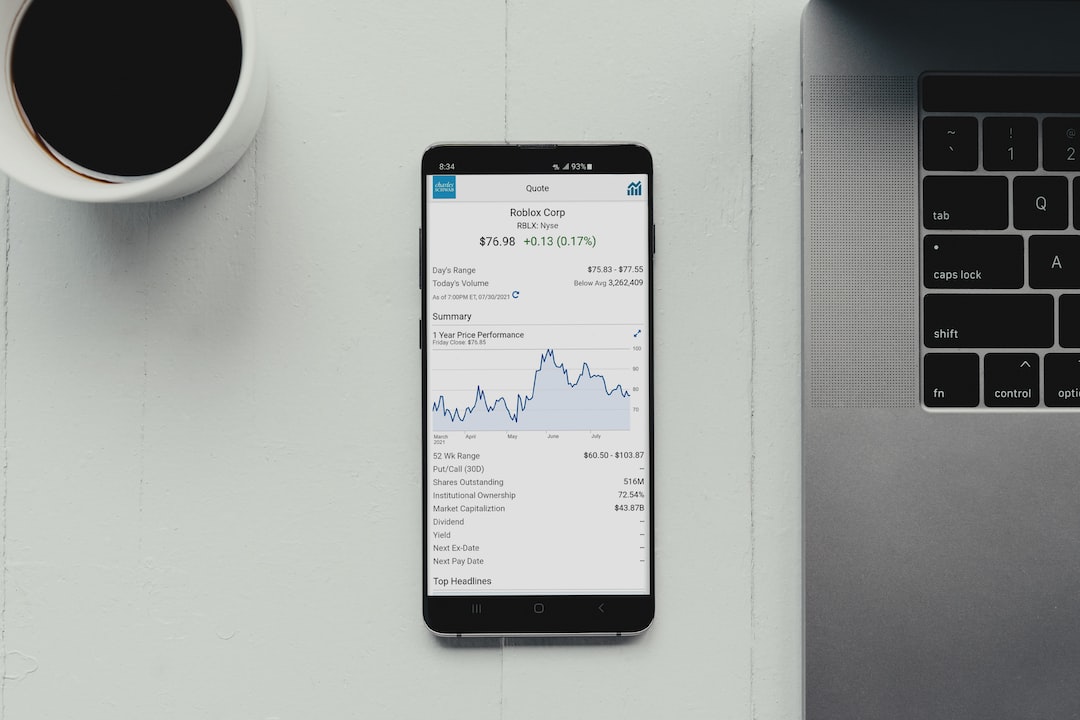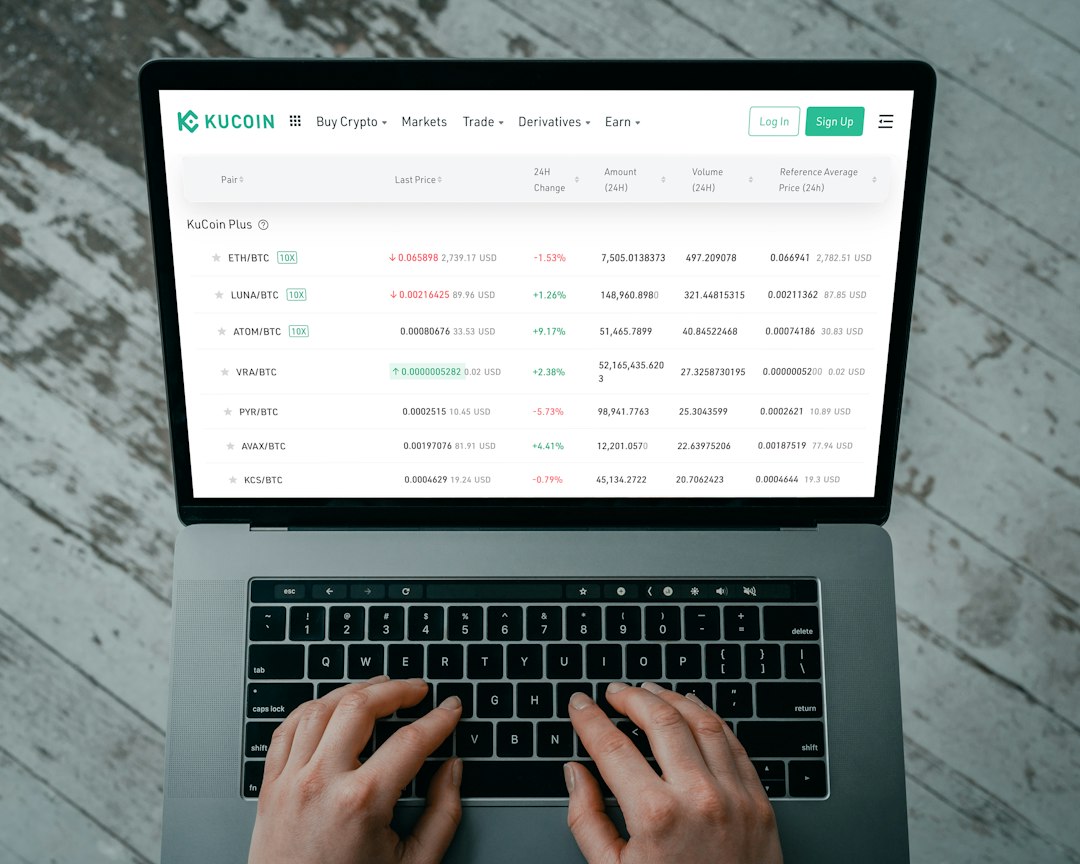Crypto Phishing: Protecting Your Digital Wallet from Scammers
When it comes to cryptocurrency, the security of your digital wallet is of utmost importance. With the rise of crypto phishing scams, it’s crucial to be aware of the potential threats and take proactive measures to protect your assets. In this article, we’ll discuss what crypto phishing is, how scammers target digital wallets, and most importantly, how you can safeguard yourself from falling victim to these malicious attacks.
What is Crypto Phishing?
Crypto phishing is a type of scam where cybercriminals attempt to trick individuals into revealing their private keys, passwords, or other sensitive information related to their cryptocurrency wallets. These scammers often use deceptive tactics such as fake websites, emails, or social media messages that appear legitimate at first glance.
Once they have obtained your private keys or login credentials, they can gain unauthorized access to your digital wallet and steal your funds. As the value of cryptocurrencies continues to soar, the prevalence of crypto phishing attacks has also increased, making it essential for you to be vigilant and informed.
How Do Scammers Target Digital Wallets?
Scammers use various methods to target digital wallets, with some of the most common tactics including:
- Fake Websites: Scammers create fake websites that mimic legitimate cryptocurrency exchanges or wallet providers. They lure unsuspecting users into entering their login credentials or private keys, which are then captured by the scammers.
- Phishing Emails: Cybercriminals send out mass emails posing as trusted organizations or individuals within the cryptocurrency community. These emails often contain links to fake websites or attachments that install malware on your device.
- Social Engineering: Scammers may impersonate customer support representatives or influential figures in the crypto space to gain your trust and convince you to disclose sensitive information.
Protecting Yourself from Crypto Phishing
Now that you understand how scammers target digital wallets, let’s discuss some proactive steps you can take to protect yourself from falling victim to crypto phishing:
- Verify Website URLs: Always double-check the URL of any website before entering your login credentials or private keys. Look for subtle misspellings or variations in domain names that could indicate a fake site.
- Avoid Clicking Suspicious Links: Be cautious when clicking on links in emails or social media messages, especially if they prompt you to enter sensitive information. When in doubt, navigate directly to the website through your browser instead.
- Enable Two-Factor Authentication (2FA): Utilize two-factor authentication wherever possible to add an extra layer of security to your digital wallet. This requires you to provide a second form of verification in addition to your password when logging in.
- Stay Informed: Keep yourself updated on the latest phishing tactics and common scams within the cryptocurrency community. By staying informed, you can better recognize potential threats and avoid falling victim.
Frequently Asked Questions (FAQs)
Q: How do I know if an email or website is legitimate?
A: Look for subtle signs such as misspellings in the URL or email address, poor grammar and punctuation in communications, and requests for sensitive information that seem out of place.
Q: What should I do if I suspect I’ve been targeted by a phishing attack?
A: If you suspect you’ve been targeted by a phishing attack, immediately change your passwords and enable two-factor authentication on all relevant accounts. Additionally, report any suspicious activity to the appropriate authorities or platform administrators.
Q: Can I recover stolen funds from a phishing attack?
A: Unfortunately, recovering stolen funds from a phishing attack can be challenging. It’s crucial to take preventive measures and practice caution to avoid falling victim in the first place.





 By
By
 By
By
 By
By
 By
By

 By
By